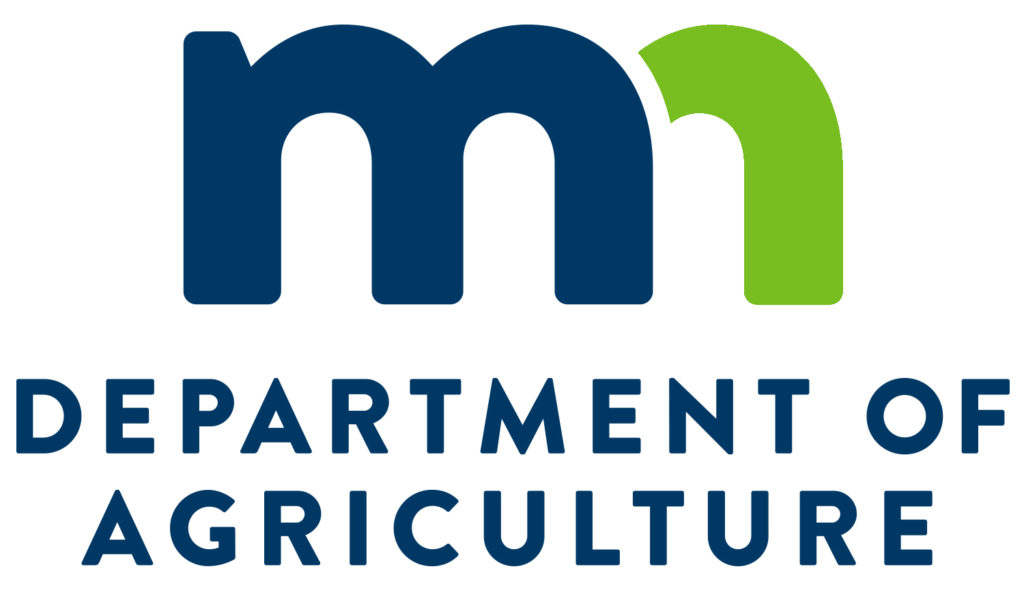Coronavirus headlines and the commodity markets. It’s been a while since we’ve seen the commodity markets this reactive to news headlines on an almost daily basis. While it’s not unheard of, one commodity expert says it’s been over a decade since the markets have been hit this hard by the news. Arlan Suderman is the Chief Commodities Analyst for INTL FCStone, talks about why the news coronavirus headlines seem to be playing havoc in the commodity markets.
“I think that’s a question a lot of people have these days,” Suderman says. “It’s a valid point to discuss.

“I was initially downplaying the market reaction in January,” he recalled, “before doing some research at the end of that month. This is the type of virus that’s going to trigger a lot of fear in people. When you have that much fear, the fear of the coronavirus headlines will be worse than the threat of the virus itself.”
He points out that when people get afraid, they stay home, they don’t travel, and they don’t go out in public as much. That’s been the case in China as everywhere the disease has hotspot outbreaks, everybody stays home.
“Shanghai, a city of millions of people, is now a ghost town,” Suderman said. “Now we’re seeing pictures of that in lots of other places, including Italy.
“When people stay home and don’t go out, they tend to consume less food,” he added. “That includes consuming less meat and a lot more starches. Overall, it does tend to change consumption patterns a lot.”
People also consume less energy in these situations as they aren’t driving a lot while airlines are also canceling flights as people don’t want to travel. Less consumption in the energy markets hurts the biofuels markets as well.
Even things like shipping commodities get much more complicated as people are staying home, thanks to the coronavirus headlines. That’s been the case in China and is becoming prevalent in other countries too.
“People didn’t show up to work,” he said. “Ports become congested, ships don’t get unloaded, and shipping slows way down. That’s lost demand you likely don’t get back. You may get some of it back, but not all.

